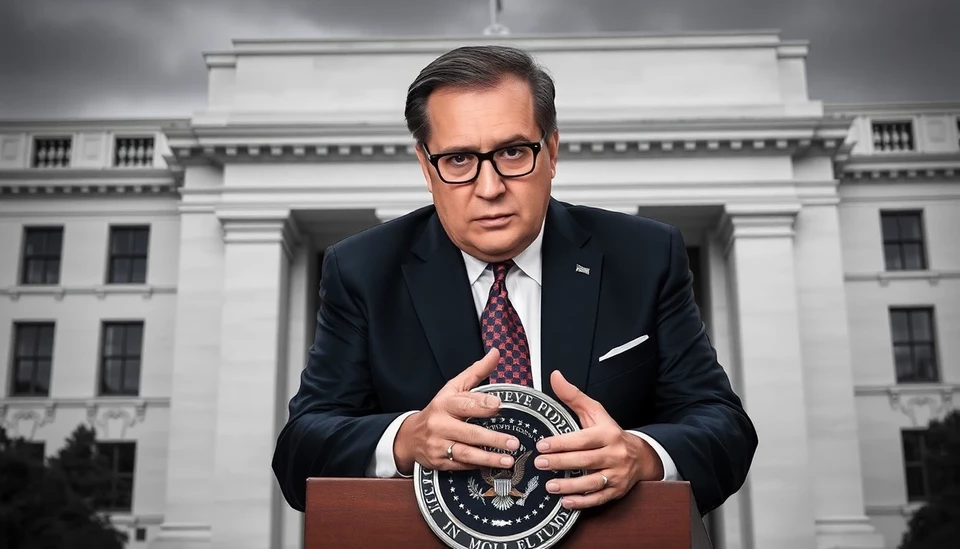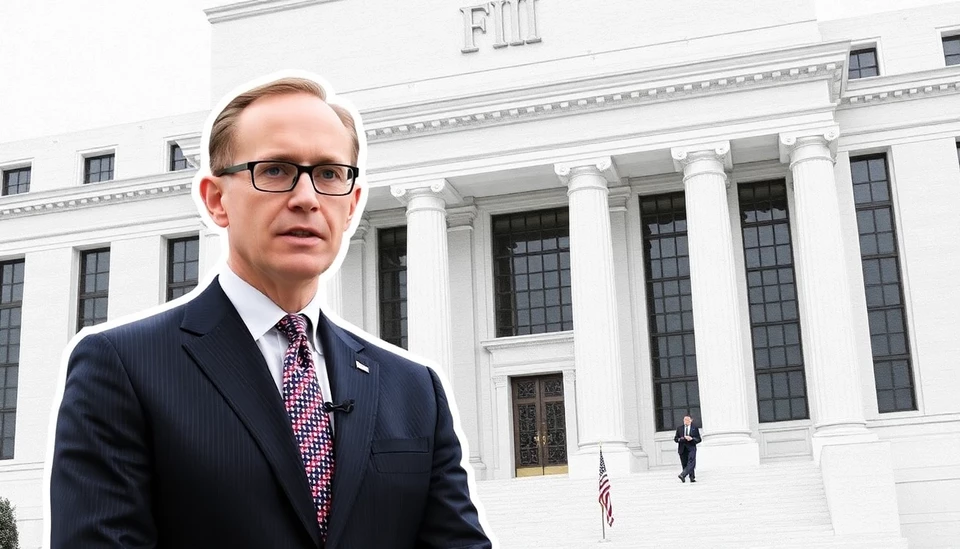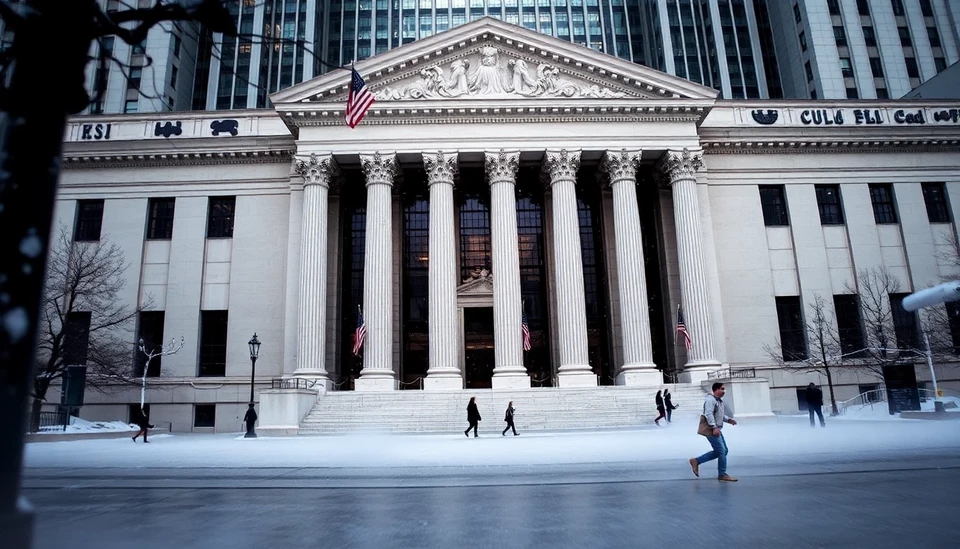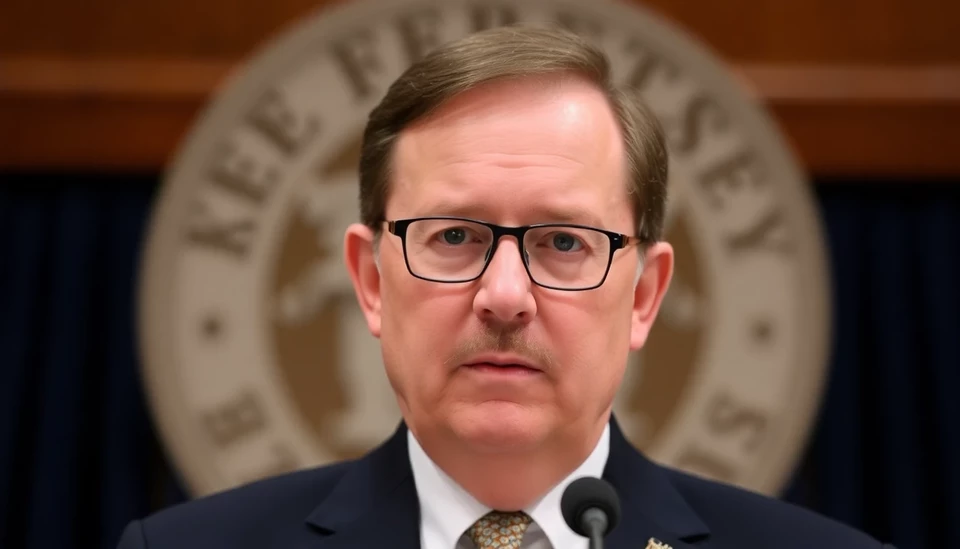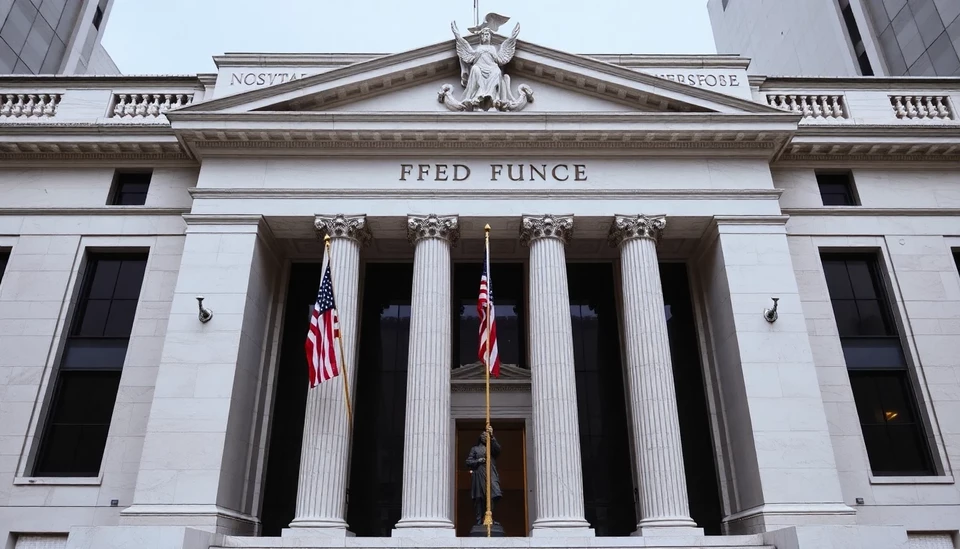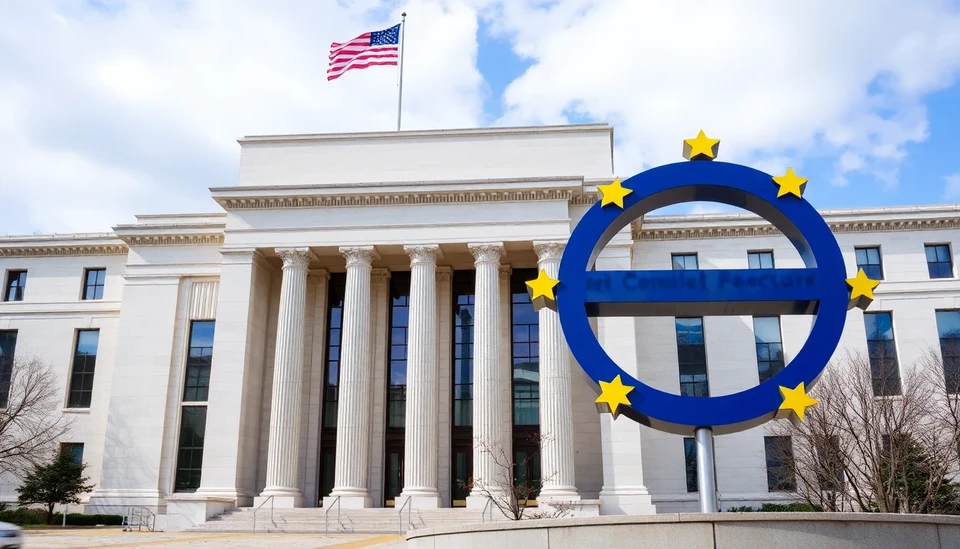
The divergence in monetary policy between the Federal Reserve (Fed) in the United States and the European Central Bank (ECB) is becoming increasingly pronounced, particularly as it relates to their recent decisions regarding interest rates. As both institutions navigate the lingering effects of inflation, their contrasting approaches may trigger significant political and economic repercussions on both sides of the Atlantic.
Recently, the Fed announced its plans to cut interest rates to counteract slowing economic growth and increasing unemployment. This decision reflects a significant shift in strategy as inflation has moderated, allowing for a more accommodative approach to monetary policy. Conversely, the ECB has opted to maintain its current rates, a stance aimed at combating persistently high inflation figures within the Eurozone. This divergence creates an intriguing landscape for economic analysts and political observers alike.
American economists argue that the Fed’s decision to ease rates is both timely and essential for fostering growth in an economy that has been showing signs of stagnation. They posit that lower borrowing costs will stimulate investment and consumer spending. However, critics, particularly those aligned with former President Donald Trump, have suggested that the central bank’s actions could lead to renewed inflationary pressures, thus posing a risk to financial stability.
On the flip side, the ECB’s decision to hold rates stable is influenced by a distinct set of challenges facing the Eurozone. Despite indications that inflation was starting to abate, the region’s economic recovery remains fragile. Officials at the ECB have expressed concerns about the volatility in energy markets and external economic pressures. In this context, maintaining higher rates is viewed as a necessary step to ensure that inflation does not become entrenched.
The contrasting approaches foster a broad spectrum of opinions, with Trump's allies asserting that the Fed’s actions may cater more to short-term political gains rather than long-term economic health. Political leaders in the U.S. have voiced apprehension about the potential fallout of this monetary policy split, suggesting that it could lead to increased volatility in currency values and foreign investments.
As these monetary policies unfold, the potential for significant market reactions seems inevitable, particularly across global markets where investments are sensitive to interest rate changes. Investors are closely monitoring movements from both central banks, as these decisions directly impact everything from stock prices to currency valuation.
Moreover, the differing trajectories of the Fed and ECB policies may also have implications for international relations and trade agreements. The United States may experience a strengthened dollar as interest rates fall, which could complicate trade dynamics with Europe. In an environment characterized by economic uncertainty, such divergences can induce further tensions between the two regions.
In summary, the current circumstances surrounding monetary policy in the U.S. and Europe exemplify a complex and evolving economic narrative. As each central bank heads in different directions, the implications of their policy choices will continue to reverberate throughout their respective economies and beyond. The geopolitical landscape could see shifts influenced significantly by these financial decisions, particularly in light of existing political discourse in both regions.
As we move forward, all eyes will be on the Federal Reserve and the European Central Bank to see how these monetary policies play out and what arguments will arise in their wake, particularly from political figures looking to leverage these developments to their advantage.
#FederalReserve #EuropeanCentralBank #InterestRates #Inflation #EconomicDivergence #Trump #PolicyImpact #GlobalEconomy
Author: Daniel Foster
